Navigating the world of FHA loans can be daunting, especially when it comes to radon testing. Does FHA require radon testing? The answer is not always straightforward, and this article will delve into the intricacies of this topic, providing clarity and guidance to ensure your home buying or selling journey is as smooth as possible.
Whether you’re a first-time homebuyer or a seasoned homeowner, understanding the significance of radon testing and its implications for FHA loans is crucial. This comprehensive guide will equip you with the knowledge you need to make informed decisions and safeguard your health and investment.
Radon and FHA Loans
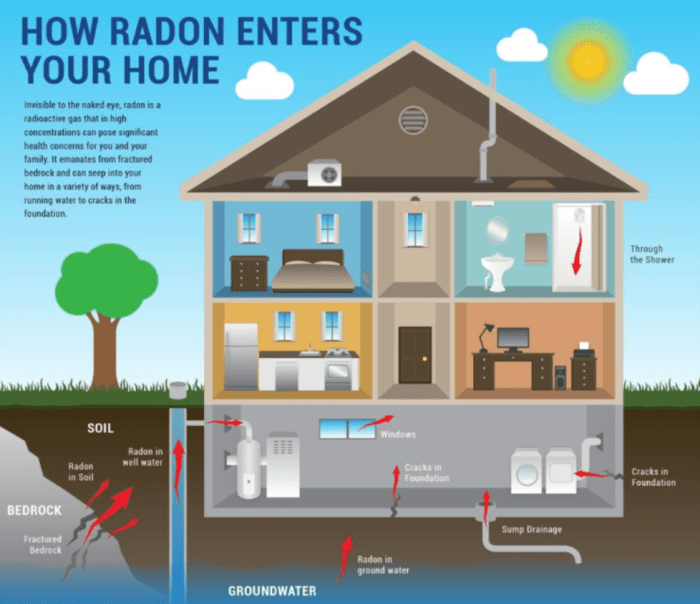
The Federal Housing Administration (FHA) is a government agency that insures mortgages for low- and moderate-income borrowers. FHA loans are popular because they have lower down payment requirements and more flexible credit standards than conventional loans. However, FHA loans also have some additional requirements, including a requirement for radon testing.
Radon is a radioactive gas that can cause lung cancer. It is found in the soil and can seep into homes through cracks in the foundation or other openings. Radon is a particular concern for homes in areas with high levels of radon in the soil.
Before buying a house with an FHA loan, it’s crucial to know if radon testing is required. While the topic of radon testing may not be as thrilling as a story of vengeance , it’s equally important to ensure a safe and healthy living environment.
Understanding FHA’s radon testing requirements can help you make an informed decision before finalizing your home purchase.
The EPA estimates that one in 15 homes in the United States has elevated radon levels.
Purpose of Radon Testing, Does fha require radon testing
The purpose of radon testing is to determine if a home has elevated radon levels. If radon levels are high, steps can be taken to mitigate the radon gas and reduce the risk of lung cancer.
Prevalence of Radon
Radon is found in all 50 states, but some areas have higher levels of radon than others. The EPA has created a map of the United States that shows the radon zones for each county. The radon zones are based on the average radon levels in homes in each county.
Homes in Zone 1 have the highest radon levels, while homes in Zone 3 have the lowest radon levels.
Health Risks of Radon
Radon is the second leading cause of lung cancer in the United States, after smoking. Radon exposure is responsible for an estimated 21,000 lung cancer deaths each year. The risk of lung cancer from radon exposure is highest for smokers, but even non-smokers can develop lung cancer from radon exposure.
FHA Radon Testing Requirements
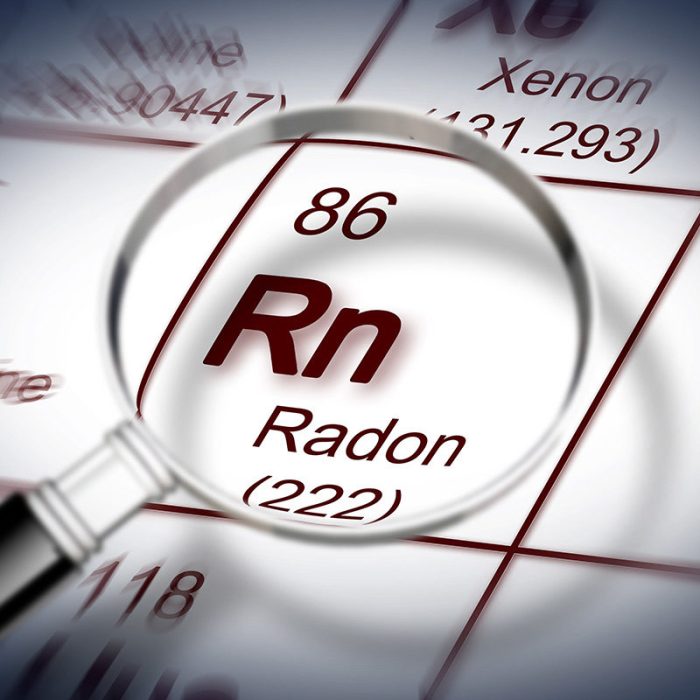
The Federal Housing Administration (FHA) sets guidelines for mortgage loans backed by the government. These guidelines include requirements for radon testing, a crucial step in ensuring the health and safety of homeowners.
Mandatory Radon Testing Circumstances
FHA requires radon testing for all properties in designated high-risk areas, as determined by the Environmental Protection Agency (EPA). These areas are typically characterized by high levels of uranium in the soil, which can release radon gas into homes.
The EPA has established a national average radon level of 4 picocuries per liter (pCi/L). Areas with average radon levels above 4 pCi/L are considered high-risk and require testing. The EPA recommends testing all homes, regardless of location, due to the potential health risks associated with radon exposure.
Consequences of Failing to Conduct Radon Testing
Failing to conduct radon testing when required by the FHA can have significant consequences. The FHA may deny the loan application or require the borrower to conduct the test before the loan can be approved.
Furthermore, if radon is detected at levels above the EPA’s recommended action level of 4 pCi/L, the FHA may require the borrower to mitigate the radon problem by installing a radon mitigation system. This can be a costly and time-consuming process.
Radon Testing Procedures
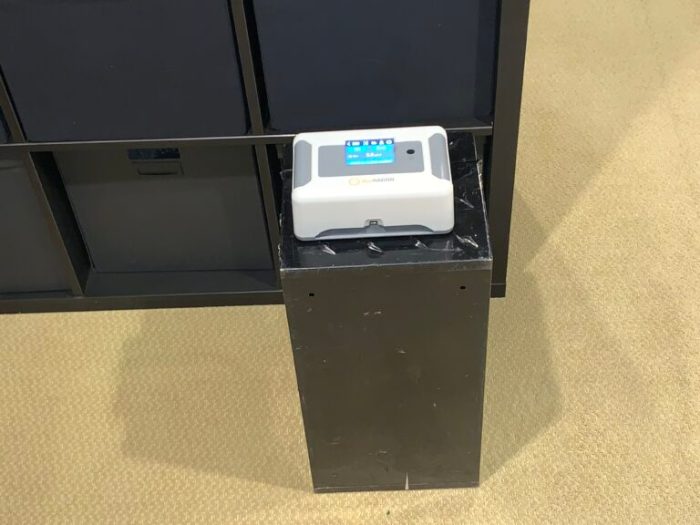
Conducting radon testing for FHA loans follows established procedures to ensure accurate and reliable results. These procedures include using specific testing devices and adhering to recommended testing durations.
Radon testing devices, typically charcoal canisters or alpha track detectors, are placed in the lowest habitable level of the home for a specified period, usually between 48 and 96 hours. During this time, the devices collect radon gas samples, which are later analyzed to determine radon levels.
Interpreting Radon Test Results
After the testing period, the results are analyzed by a qualified professional to determine the radon level in the home. The Environmental Protection Agency (EPA) recommends taking action to mitigate radon levels if they exceed 4 picocuries per liter (pCi/L).
Mitigation Measures
If radon levels exceed the recommended limit, appropriate mitigation measures should be implemented to reduce radon exposure. These measures may include sealing cracks and gaps in the foundation, installing a radon fan system, or increasing ventilation. The specific mitigation method recommended will depend on the unique characteristics of the home and the radon levels present.
Radon Mitigation Options
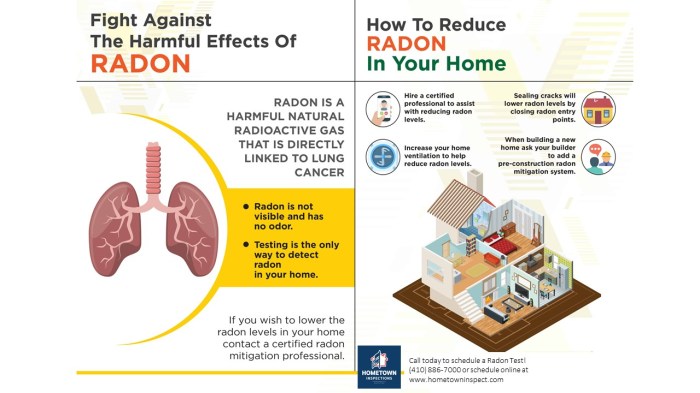
Mitigating radon levels in properties is crucial to ensure the safety and well-being of occupants. Various options are available, each with its effectiveness and associated costs. Understanding these options empowers homeowners to make informed decisions about the best mitigation measures for their specific needs.
The effectiveness of different mitigation methods depends on several factors, including the type of building, the radon entry points, and the geological characteristics of the area. It’s essential to consult with a qualified radon mitigation professional to determine the most appropriate method for each situation.
Passive Mitigation Systems
- Sealing Cracks and Openings:Sealing cracks in the foundation, walls, and floors can prevent radon from entering the building. This method is relatively inexpensive and can be done by homeowners themselves.
- Increasing Ventilation:Improving ventilation by opening windows and doors or installing exhaust fans can help dilute radon levels. However, this method may not be effective in all cases, especially during cold or humid weather.
Active Mitigation Systems
- Sub-Slab Depressurization (SSD):This system involves installing a fan and piping system beneath the foundation to draw radon gas from the soil and vent it outside. SSD is generally the most effective mitigation method and is recommended for high radon levels.
- Air-to-Air Heat Exchanger (AAHE):An AAHE transfers heat between incoming fresh air and stale indoor air, preventing radon from entering the building. This method is less effective than SSD but can be a good option for homes with limited space or budget constraints.
- Crawl Space Ventilation:Installing a fan in the crawl space to ventilate the area can reduce radon levels. This method is only effective if the crawl space is sealed to prevent radon from entering the living space.
Selection and Implementation
Selecting the appropriate radon mitigation measure requires careful consideration of factors such as the radon levels, the type of building, and the budget. It’s highly recommended to consult with a qualified radon mitigation professional to determine the most effective and cost-efficient solution for each specific situation.
Proper implementation of radon mitigation systems is crucial for their effectiveness. Hiring a certified radon mitigation contractor ensures that the system is installed and maintained according to industry standards, maximizing its efficiency and protecting the health of occupants.
Radon Testing and Home Sale
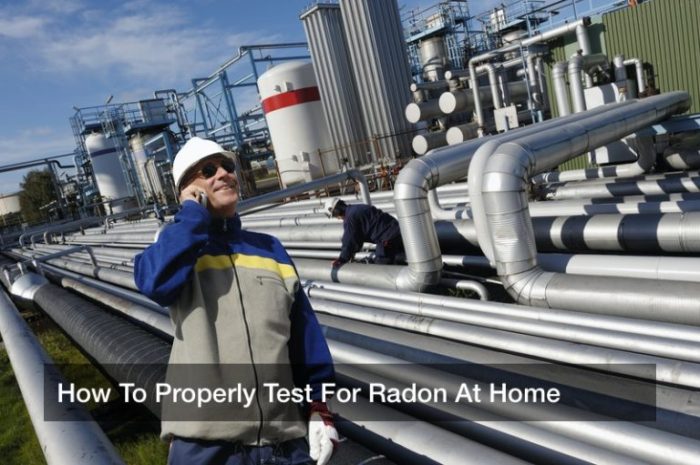
Radon testing has become an increasingly important aspect of real estate transactions, particularly in areas where radon levels are known to be elevated. Radon testing can significantly impact the sale of a property, affecting its value and marketability.
Impact on Property Value
A property with elevated radon levels may have a lower market value compared to similar properties with lower levels. This is because potential buyers are aware of the health risks associated with radon exposure and may be hesitant to purchase a property with high radon levels.
The presence of radon can also result in additional costs for the buyer, such as radon mitigation systems, which can further reduce the property’s value.
Impact on Marketability
Properties with elevated radon levels can be more difficult to sell compared to properties with lower levels. Potential buyers may be reluctant to make an offer on a property with known radon issues, even if the levels are within acceptable limits.
Radon testing can provide peace of mind for buyers, ensuring that the property they are considering has safe radon levels. A property with a radon test report showing low levels can be more attractive to potential buyers and may sell more quickly.
Role in Real Estate Transactions and Negotiations
Radon testing has become an integral part of real estate transactions. In many areas, radon testing is required by law before a property can be sold. Radon testing can also be used as a negotiating tool during the sale process.
If a property is found to have elevated radon levels, the buyer may request that the seller install a radon mitigation system before closing on the property. This can help to reduce the radon levels and make the property more attractive to the buyer.
FAQ Overview: Does Fha Require Radon Testing
What is radon?
Radon is a naturally occurring radioactive gas that can accumulate in homes and pose health risks.
Why is radon testing important?
Radon exposure can increase the risk of lung cancer, making testing crucial for ensuring a safe living environment.
When is radon testing required for FHA loans?
Radon testing is required for FHA loans in areas designated by the EPA as having elevated radon levels.
What are the consequences of failing to conduct radon testing when required?
Failing to conduct radon testing when required can delay loan approval and potentially impact the sale of the property.
What are the options for mitigating radon levels?
Radon mitigation systems can effectively reduce radon levels in homes, with various methods available depending on the specific circumstances.